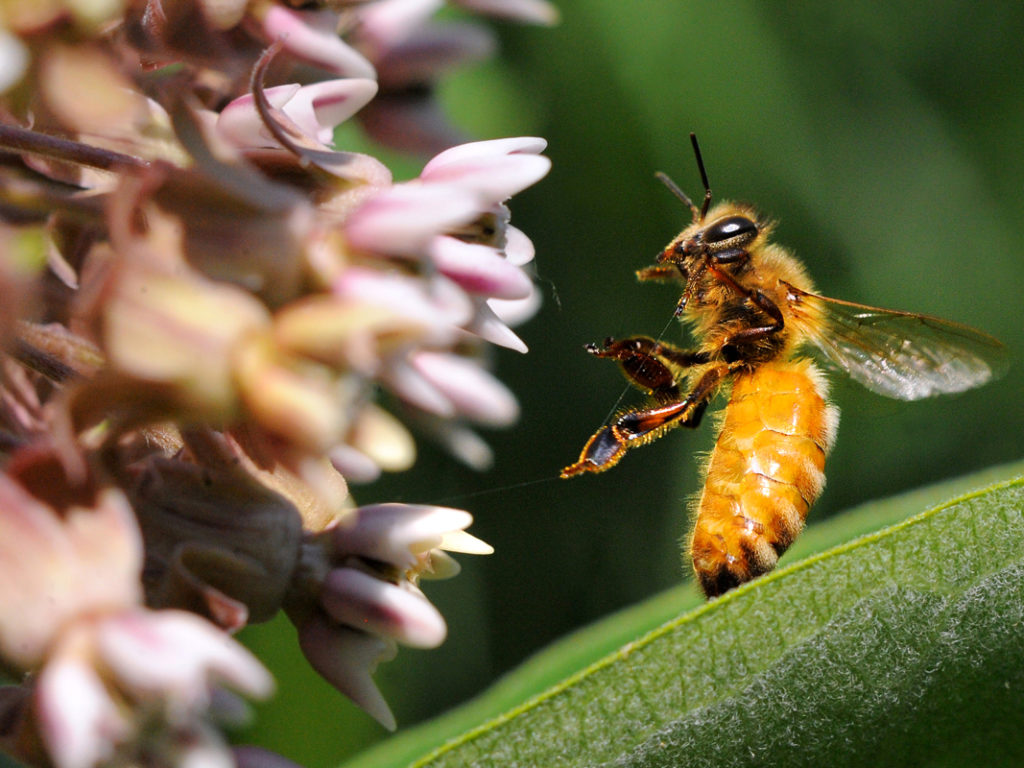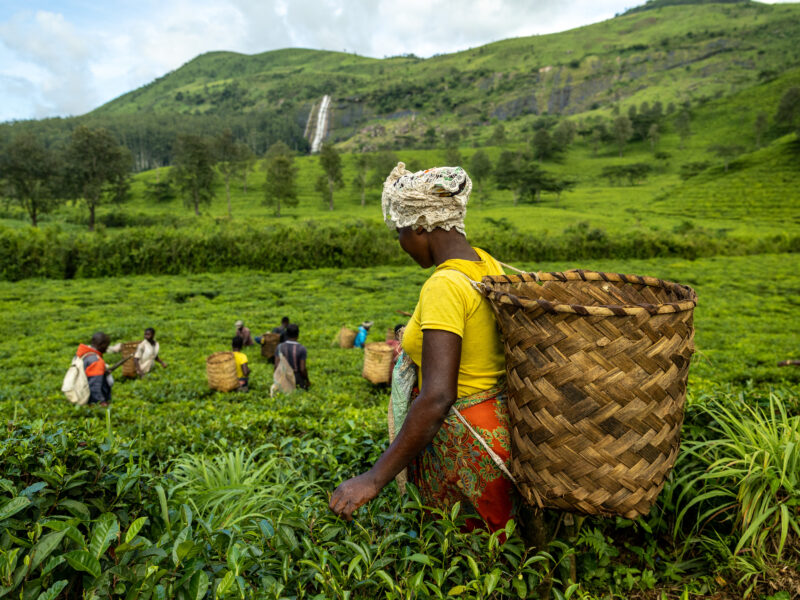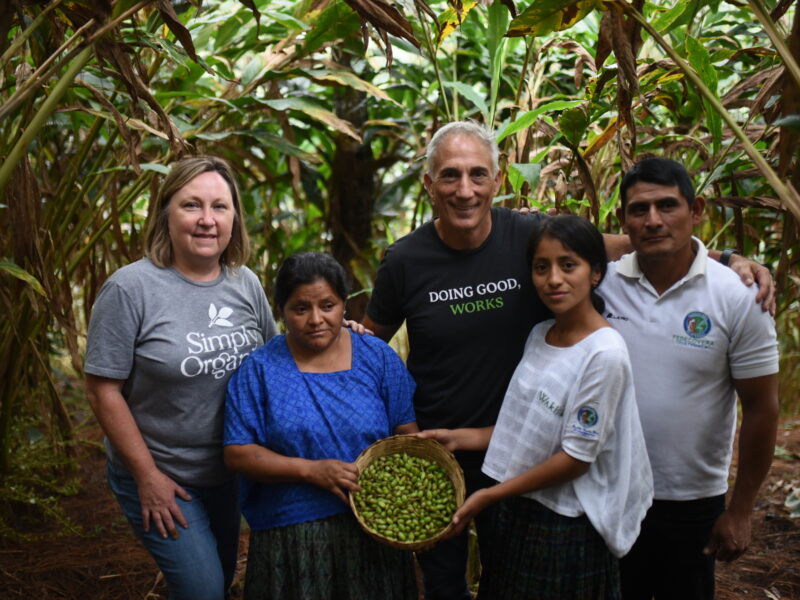If you’re trying to figure out what the organic label really means, reading Marshall Matz’s recent Agri-Pulse piece, “Organic Confusion,” will only muddle the waters. This is really no surprise. Matz is a lobbyist for some of the biggest players in the food and biotech industries, including the Council for Biotechnology Information and Syngenta, one of the largest producers of genetically modified seeds and agrochemicals.
Matz claims that organic agriculture practices won’t feed the world while maintaining the level of sustainability demanded of today’s agriculture.
But Rodale Institute’s Farming Systems Trial, which compared organic farming to conventional farming over 30 years, has come to the opposite determination. It found that organic provides the same or higher yields as conventional farming while using less energy, releasing fewer greenhouse gases and returning higher profits.
A report by the International Conference on Organic Agriculture and Food Security, an event sponsored by the United Nations Food and Agricultural Organization, concludes that “organic agriculture has the potential to secure a global food supply, just as conventional agriculture is today, but with reduced environmental impact.”
Organic farming practices such as rotating crops, introducing beneficial insects and planting cover crops help promote biodiversity and keep soil healthy. Organic farmers don’t use synthetic fertilizers and toxic persistent pesticides. Their practices help improve water quality and reduce people’s exposure to chemicals associated with health problems including cancer and endocrine system disruption.
Organic farming has health and wellness requirements for livestock. Animals must have year-round access to the outdoors, fresh air, clean and dry bedding, shelter and clean drinking water. Organic farmers are prohibited from giving livestock growth hormones or antibiotics. The overuse of antibiotics in conventional livestock production has caused the development of antibiotic-resistant strains of some dangerous microbes. Organic farmers help keep antibiotics working by using alternative methods to treat sick animals.
Organic agriculture has the ability to feed the world while looking out for the environment, animals and us.










